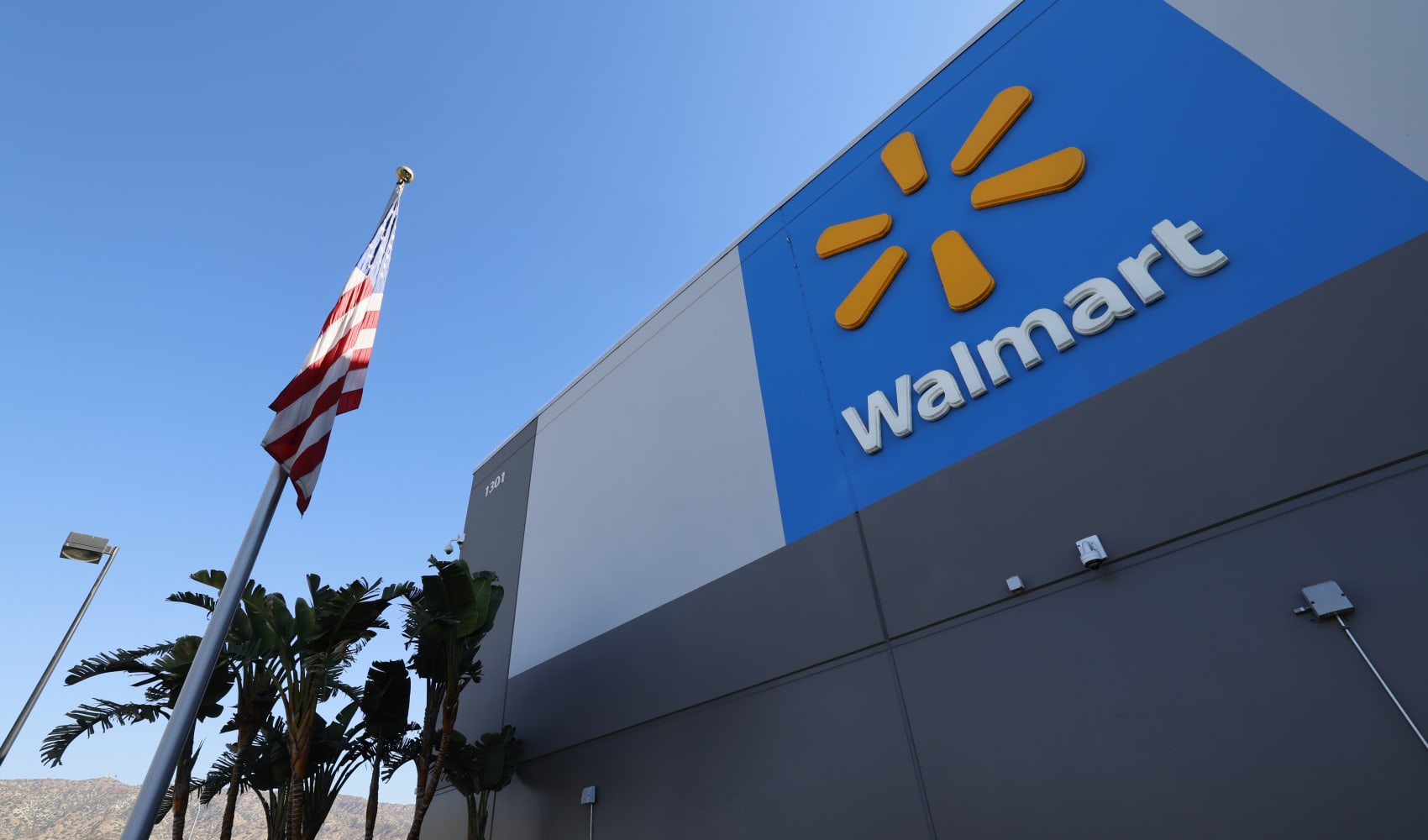
- The key question for pay TV distributors such as Comcast, Charter and DirecTV is whether they'll be able to offer customers the same skinny sports bundle as the joint venture recently announced by Disney, Warner Bros. Discovery and Fox.
- Privately, leaders at the latter three companies have begun to hear complaints from some distributors, who are concerned the new bundle will lead to increased cable TV cancellations.
- Early conversations haven't been particularly substantial because limited information has been disclosed about the joint venture's strategy.
It's been about a week since Disney, Warner Bros. Discovery and Fox announced a new joint venture to offer live sports outside the traditional cable bundle, and pay TV distributors are still trying to figure out just how disruptive the new service will be.
The key question for distributors such as Comcast, Charter and DirecTV is whether they'll be allowed to offer the same skinny bundle of linear networks that Disney, Warner Bros. Discovery and Fox announced will be available to consumers later this fall. That bundle includes ABC, ESPN, ESPN2, TNT, TBS, Fox, FS1, FS2, and a handful of other cable channels that showcase sports.
If Disney, Warner Bros. Discovery and Fox allow distributors to offer the same product, in addition to the standard cable bundle, there's likely to be minimal consternation about the joint venture. But it's not clear that will be the case, given that may defeat the purpose of its existence.
Get Tri-state area news delivered to your inbox.> Sign up for NBC New York's News Headlines newsletter.
In 2023, Charter began offering a package of cable networks that didn't include sports to lower the cost of cable TV for customers who only wanted news and entertainment. Offering sports to only those people who want to watch sports is good for distributors, but it's harmful to programmers, who benefit from the millions of households that pay for sports but don't watch them.
That's why, logically, the new sports joint venture only makes sense if the three media companies bar distributors from offering the same product.
So far, the largest pay TV distributors haven't spoken publicly about the forthcoming bundle because they're still gathering information on the joint venture's plans, according to people familiar with their thinking, who asked not to be named because the discussions have been private.
Money Report
Privately, however, leaders at Disney, Warner Bros. Discovery and Fox have begun to hear complaints from some distributors, who are concerned the new skinny bundle will lead to increased cable TV cancellations, according to people familiar with the matter.
Terms of agreement
Pay TV distributors typically strike most-favored-nation deals with programmers that allow contracts to be replicated among like partners. It guarantees that a company such as Disney can strike a deal with DirecTV that's similar to its deal with, say, Dish.
If the sports joint venture refuses to allow distributors the same terms as it's offering retail customers, distributors could either refuse to carry their networks when carriage renewal deals are up or even sue, according to Craig Moffett, an analyst at MoffettNathanson.
"The distributors have been begging for the right to offer cheaper and skinnier bundles, especially bundles that would segregate expensive sports from cheaper non-sports programming, for at least two decades, and they've been met with a brick wall," Moffett said. "At the very least, this would seem to violate the most favored nation clauses that prohibit the programmers from offering better terms and conditions to another distributor, even if that distributor is a JV [joint venture] of the programmers themselves. I would be surprised if there aren't some lawsuits."
Disney, Warner Bros. Discovery and Fox all rely on the pay-TV distributors for the bulk of their revenue.
And while some stand to indirectly benefit from the potential popularity of the joint venture — Charter and Comcast, for example, could see a boost to their broadband businesses, since the digital app would require high-speed internet service for best performance — others, such as DirecTV, Dish and YouTube TV stand more directly in the crosshairs and could lose video subscribers.
Still, early conversations between distributor executives and leaders at Disney, Warner Bros. Discovery and Fox haven't been particularly substantial, because limited information has been disclosed about the strategy of the joint venture, which hasn't been formally named or even legally agreed upon by the companies.
"The formation of the pay service is subject to the negotiation of definitive agreements amongst the parties," Disney, Warner Bros. Discovery and Fox said in a statement last week.
No leader for the joint venture has been named yet, although one has tentatively been selected, according to people familiar with the matter. Puck reported Tuesday the front-runner is former Apple executive Pete Distad.
Disclosure: Comcast owns NBCUniversal, the parent company of CNBC.
WATCH: Paramount Global CEO speaks about new joint sports venture






